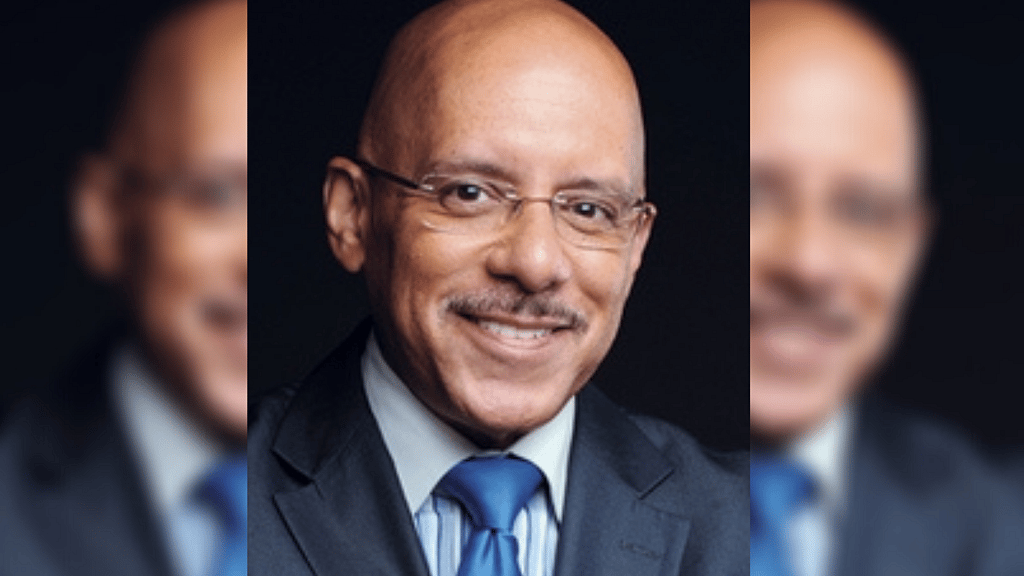The first year of COVID-19 has been a destroyer on every level. The impact of the virus has been felt with more than 400,000 Americans dead, an economic recession that continues to spiral downward, drastic changes in education and job losses.
The impact of COVID-19 has hit families and businesses hard, leading the Biden administration to issue new executive actions offering economic relief. These orders include:
Read More: Dr. Fauci: It’s ‘liberating’ working with Biden administration

· Address the growing hunger crisis facing 29 million Americans — and as many as 12 million children – by asking the U.S. Department of Agriculture to consider expanding and extending federal nutrition assistance programs.
· Ensure equitable and effective delivery of direct payments — by asking the Treasury Department to consider changing its delivery structure and focus on getting relief to the 8 million Americans who still have not received the financial assistance to which they are entitled.
· Help approximately 2 million veterans maintain their financial footing by asking the U.S. Department of Veterans Affairs to consider pausing federal collections on overpayments and debts.
· Help ensure that unemployed Americans no longer have to choose between paying their bills and keeping themselves and their families safe from COVID-19 by asking the U.S. Department of Labor to consider clarifying that workers who refuse unsafe working conditions can still receive unemployment insurance.
· Enable effective and equitable distribution of government assistance by establishing an interagency benefit coordination structure.
Read More: TIME marks start of Biden’s presidency with cover of Oval Office trashed by Trump
Marc Morial, the head of the National Urban League, tells theGrio Biden’s series of executive orders are a “first step.” Mr. Morial, however, is pushing for more when it comes to cutting into the numbers of the “wealth gap” and the “income gap.”

As this nation is in a recession, Morial contends, “We can’t have a growing economy with 15% of Black America not working with 10% of America not working or in the labor force.” He calls this “a demand-driven recession because people are not spending.”
He says a lot of this is up to Congress, however, he anticipates a “quick economic rebound” once this COVID-19 crisis is remedied. Morial’s reasoning is that people are “pent-up” and want to get out and that means spending a cash infusion on a larger scale to the economy.
Looking around the country, the hurt is tangible since the start of the pandemic.
Read More: After inauguration, Biden-Harris face two crises: COVID-19 and racism
Pennsylvania State Senator Vincent Hughes, a Democrat, serves as the Senate Appropriations Committee chair. Hughes sees the hurt in the state, telling theGrio, “Given the depressionary conditions that existed in the Black community prior to the pandemic, which has only intensified and gotten worse since the pandemic, we need a massive government-led response.”
Whether it be like President Franklin D. Roosevelt’s New Deal, President Lyndon B. Johnson’s Great Society, or the Urban League’s Main Street Marshall Plan, Hughes says it needs to be robust, intentional, and transformational.
“It needs to respond to the crisis that exists in Black America. And we need not be shy in demanding the investment our community deserves,” says Hughes, who also tells theGrio he is working with the Biden administration on President Joe Biden‘s economic plan.

I would also add that the rest of America needs to not be afraid of this platform because the reality is that when our boat gets lifted up, their boat gets lifted up as well.”
In 2019, Forbes Magazine named the state of Pennsylvania as among some of the best states for business. Three years later, the state is feeling the hurt and trying to keep businesses going, according to the senator.
“Well we created a response to the pandemic that got over $100 million in grants (not loans) to historically disadvantaged (Black and brown) small businesses,” Hughes says.
“Barbershops, beauty salons, neighborhood auto mechanics, etc, who were left out of the PPP program got grants (not loans) from a PA Black company that managed the program. Proudly and not boastfully my office designed the program. It’s being replicated in other states.”
The Biden administration acknowledges the hurt and offers there is more to come to address the pain and work to fix the issues.
Have you subscribed to theGrio’s podcast “Dear Culture”? Download our newest episodes now!
TheGrio is now on Apple TV, Amazon Fire, and Roku. Download theGrio today!


